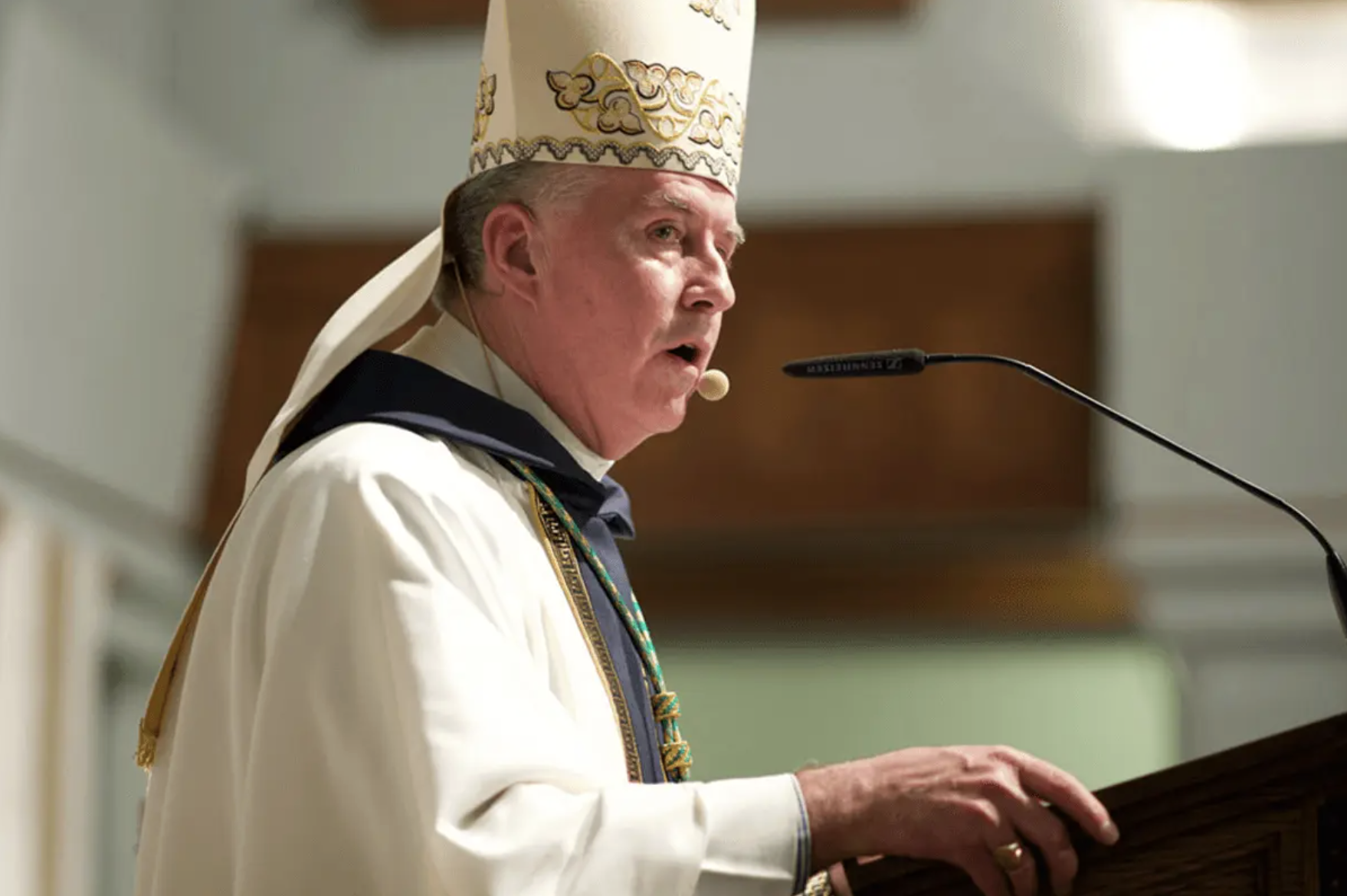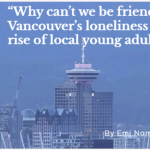Calgary Bishop William McGrattan said the Church cannot ignore the profound implications of the rapidly advancing technological revolution that is artificial intelligence.
Speaking at the AI symposium hosted at St. Mary’s University in partnership with the Diocese of Calgary Oct. 17–18, McGrattan emphasized “we must not be an AI-illiterate Church,” urging participants — technology experts, theologians, ethicists, clergy and laity — to avoid both a “paralyzing fear” and an “uncritical embracing” of artificial intelligence.
The Calgary bishop shared a potential AI action strategy that arose out of a previous summit staged in Edmonton this past May by the Mission Collaboration Initiative (MCI). The MCI is a forum created by the Alberta bishops in 2018 to empower key Catholic organizational leaders to advise diocesan shepherds about key issues that could impact the Church’s evangelization mission.
Four pathways forward were formulated through synodal listening sessions, an exercise also conducted throughout the symposium at St. Mary’s.
Path one is education and formation where the Church needs to be open to dialogue and learning, as a sufficient knowledge base will enable Canadian Catholic leadership to effectively present its ethical voice.
“This is critical for us to have the sense of confidence and authority when dealing with issues of health care and education,” he said.
McGrattan also stressed that “it is incumbent upon us to double down on the formation of the human person.” We must be mindful of the “competing visions at work in our society and culture” undermining Church teaching about personhood.
“Not to generalize, but we have these ancient heresies that continually resurrect themselves in various forms,” said the native of London, Ont. “The Gnosticism that in some ways the human person is disembodied, that our consciousness, our thinking, is what defines us solely as a human person without reference to the gift of the body. Or the reductionism of the human person to what is just simply material, to what we’ve heard as the temptation of this transhumanism, to actually see our humanity be transformed into a material machine.”
The second path ahead is developing guidelines for the responsible discernments and adoptions in the use of AI.
McGrattan first outlined some of the key ethical considerations — AI challenges. These quandaries include privacy concerns, job displacement, social isolation, idolatry, environmental impacts, algorithmic discrimination and depersonalization. He also detailed the Catholic doctrines, linking with these aforementioned dilemmas, that must be championed during this unfolding sea change.
The dignity of work principle acutely corresponds with the concerns of mass job displacement. This creed could be promoted by advocating that the affirming value and purpose of labour could be safeguarded by ensuring there are meaningful human-centric roles available for workers who see some of their assignments overtaken by automation.
For example, if AI takes charge of administrative tasks, health-care workers can devote more time to personalized patient care.
Fostering authentic community and human accompaniment is the third pathway.
Strengthening community life can help to confront the loneliness epidemic at work in society today and could magnify further as AI development continues to proliferate. McGrattan also suggested that cultivating authentic bonds of fellowship can “be a way of mitigating unhealthy and dependence and reliance on AI for companionship.”
Pathway four is continued proactive engagement with technology leaders and policymakers.
“The goal here is to have the Catholic Church’s voice heard and also integrated into the development of AI,” said McGrattan.
He concluded by spotlighting AI’s potential to advance the Church’s mission, such as amplifying evangelization efforts by overcoming language barriers, enriching catechetical formation through personalized learning and freeing clerical staff for more pastoral care.
The next steps for the Alberta bishops are to establish a commission on technology, advocate for the inclusion of AI ethics in school curriculum and Catholic institutions and organize public forums to engage the broader community on artificial intelligence.




